Who was Friedrich Creuzer?
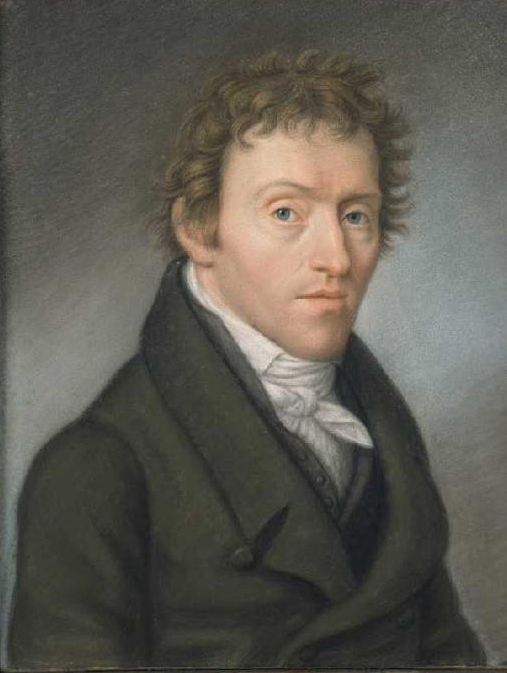
Friedrich Creuzer (1771-1858) was a groundbreaking German philologist and archaeologist whose pioneering research into ancient mythology and symbolism had a significant impact on the fields of comparative religion, anthropology, and psychology in the 19th century. Creuzer’s magnum opus “Symbolik und Mythologie der alten Völker, besonders der Griechen” (“Symbolism and Mythology of the Ancient Peoples, Especially the Greeks”), first published in 1810-1812, offered a sweeping reinterpretation of ancient myths and religious symbols, arguing that they expressed profound spiritual truths and reflected the earliest stages in the development of human consciousness.
Creuzer’s approach to mythology emphasized the symbolic and allegorical dimensions of ancient religious narratives. He believed that myths were not merely fanciful stories, but encoded esoteric wisdom and philosophical insights passed down from an ancient Eastern origin. Creuzer argued that the deepest truths about God, nature and the human soul were originally expressed by the priests of ancient Egypt, India, Persia and other Eastern cultures in a symbolic language that had to be deciphered through careful interpretation. These mystical doctrines then spread to the West, finding new expression in the mythologies of the Greeks, Romans and other ancient peoples.
For Creuzer, the key to decoding these sacred symbols was to uncover their hidden allegorical meanings. He proposed that ancient myths used concrete images and sensory language to convey abstract spiritual concepts that transcended rational understanding. The gods and heroes of mythology were not to be taken literally, but seen as personified representations of elemental forces, psychological faculties, or states of consciousness. Osiris, Dionysus, Mithras and Christ, for example, were all symbolic manifestations of the universal spiritual principle of the dying and resurrecting godman.
While some of Creuzer’s interpretations may seem far-fetched or unsubstantiated to modern scholars, his work nevertheless had an electrifying effect on the intellectual currents of the early 19th century. His ideas were avidly debated in philosophical and literary circles, influencing Romantic thinkers such as Goethe, Schelling and Schlegel. Creuzer’s attempt to find universal patterns and hidden meanings in the mythologies of different cultures inspired a whole generation of comparative mythology and religion, even as his specific conclusions were contested.
More importantly, Creuzer’s understanding of myths and symbols as expressions of the deepest faculties of the human psyche had a profound impact on the emergence of depth psychology and modern theories of the unconscious in the late 19th and early 20th centuries. Both Freud and Jung drew extensively on the mythological scholarship of Creuzer and his followers in formulating their conceptions of the psyche and the interpretation of dreams and fantasies. Jung in particular saw myths as the symbolic language of the collective unconscious, carrying timeless psychological truths that could bring insight and healing when integrated into conscious awareness.
Though largely overshadowed today by later mythologists and psychologists, Creuzer’s expansive vision of an inner dimension of the psyche whose depths are revealed through mythic symbolism was groundbreaking. By presenting mythology as a window into the mysteries of the soul, he helped lay the foundations for the modern psychological understanding of the human condition as shaped by unconscious factors beyond the control of the rational mind. At the same time, his attempt to trace all mythology back to a single esoteric tradition originating in the East reflected 19th century Romantic orientalist fantasies that have since been discredited.
Creuzer’s influence can still be felt in certain esoteric and New Age spiritual currents that seek hidden universal truths and correspondences in the world’s religions and mythologies. His notion that myths and symbols contain timeless wisdom needed for psychological wholeness continues to inspire Jungian and archetypal approaches to psychotherapy and spiritual growth. However, most mainstream scholars today reject Creuzer’s specific theories about the Eastern origins of mythology and his speculative allegorical interpretations. The dominant approach is to study each mythological tradition in its own cultural and historical context, using stricter etymological and comparative methods.
Still, Creuzer deserves recognition as a pioneering thinker whose provocative ideas challenged the rationalist prejudices of his age and opened up new dimensions in the understanding of ancient religion and the human psyche. By revealing the mythic and symbolic underpinnings of consciousness itself, Creuzer’s work continues to enrich and fascinate, even as his specific claims and methods remain controversial. His legacy endures as an important chapter in the history of the modern imagination’s rediscovery of the mythological psyche at the foundations of the human condition.









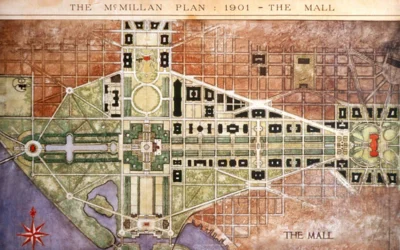












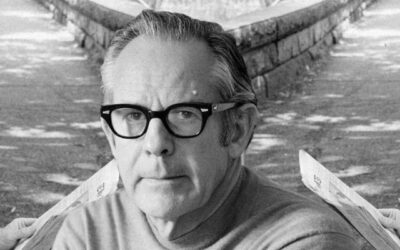

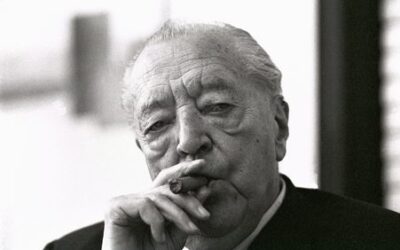
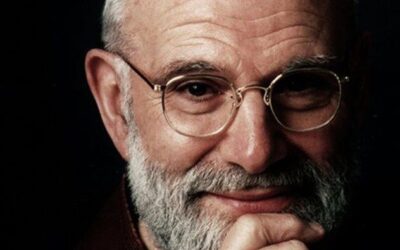
0 Comments